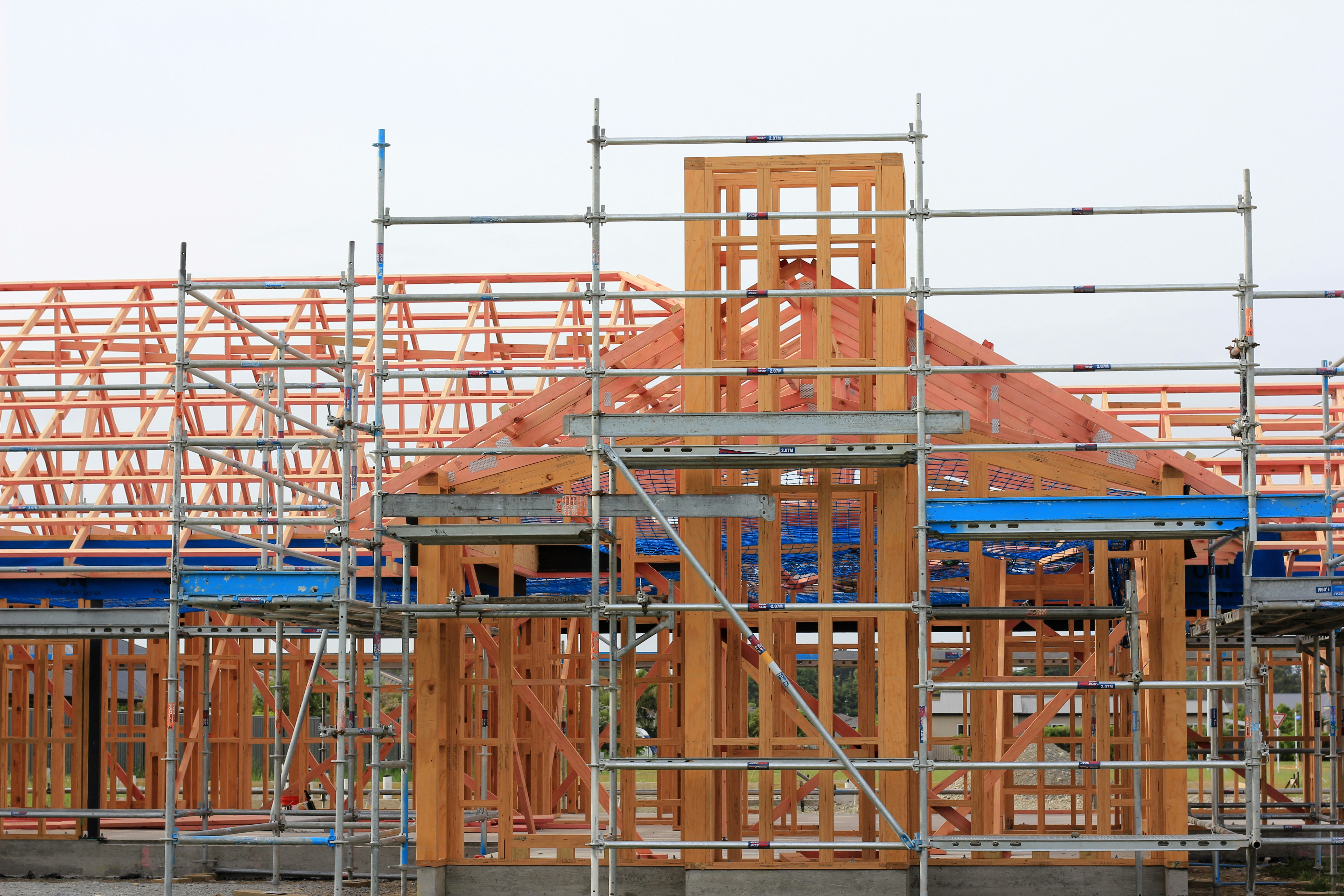
Special to the Vanguard
Sacramento, CA – The Assembly Housing & Community Development Committee passed SB 937 and SB 951.
The bills provide flexibility for builders amid challenging market conditions and remove barriers to housing construction in the coastal zone. SB 937 passed 8-0, SB 951 passed 9-0. Both bills head next to the Assembly Appropriations Committee.
“Californians are struggling under a severe housing crisis, and we must remove barriers to building more homes,” said Senator Scott Wiener. “By boosting housing production in the coastal zone, SB 951 will improve quality of life for Californians while slashing our climate emissions. SB 937 allows builders to navigate the challenges of high  interest rates with greater flexibility. I look forward to pushing for all these measures in their final Assembly Committee.”
interest rates with greater flexibility. I look forward to pushing for all these measures in their final Assembly Committee.”
SB 937
Cities vary widely in the development fees they charge for new homes in California, often for reasons that can seem arbitrary. Los Angeles reports a multifamily development fee of $12,000 per unit, while Fremont reports $75,000. The state contains more than its share of cities charging high development fees, with the six jurisdictions charging the highest recorded fees in the nation all located in California.
Some cities have deferred the collection of development fees during periods of economic hardship to prevent housing production from grinding to a halt. During the Great Recession, Fremont was one of many cities that deferred fees, and in 2023 it announced it would revive the program. With today’s high interest rates and rising costs driven by COVID-related inflation, developers are facing a similar challenge to make projects pencil. Developers need the flexibility of both fee deferrals and entitlement extensions to meet state housing goals amid challenging market conditions.
SB 937 builds on these efforts by delaying the payment of development fees imposed by a local government until the certificate of occupancy is issued. Local governments may not charge interest rates on any deferred fees.
SB 937 passed out of the Assembly Local Government Committee with amendments to provide that a developer has 5 years from when their building permit is issued to start construction before losing their fee deferral.
The bill was amended in the Senate Local Government committee to prioritize mixed income housing.
During periods of economic volatility, some projects also die because their entitlements expire before the developer can raise the money to complete the project. Cities grant entitlements to developers as the last step before construction begins, but they are typically only valid for a limited period before expiring. SB 937 provides developers with much-needed wiggle room by extending certain housing entitlements issued prior to Jan. 1, 2024 and set to expire on or before Dec. 31, 2025 by 24 months.
Senate Bill 937 is sponsored by the California Housing Consortium, California YIMBY, and the Housing Action Coalition. It is co-authored by Assemblymember Tim Grayson (D-Concord).
SB 951
While housing unaffordability is an issue throughout California, the added layers of discretionary permitting in the Coastal Zone have made the problem especially acute near the coast. This affordability crisis has had a profound impact on the racial and economic diversity of the coast, as well as the greenhouse gas emissions in the region:
- According to a Stanford Environmental Law Journal report, within one kilometer of coastal access, white populations increase by 25 percent, while Hispanic and Latino populations fall 52 percent, and Black populations fall 60 percent. Coastal communities also have, on average, 18 percent fewer households below the poverty line.
- According to a Legislative Analyst Office’s Report in 2015, the lack of affordable housing means workers in coastal communities often commute 10 percent further each day than their inland counterparts. Transportation is the leading source of carbon emissions in California, and these extra long commutes threaten the very coastal resources the Coastal Act was passed to protect by exacerbating the climate crisis.
SB 951 will aid housing production in the Coastal Zone – and driving emissions reductions – by aligning the timeline of the Commission’s approval of amendments to Local Coastal Plans with the timeline for rezonings required under housing element law.
Additionally, SB 951 clarifies that the Commission does not have jurisdiction to appeal projects in San Francisco that are within the permitted uses for a specific parcel where there is an LCP in place. Given these uses were present in the LCP when the Commission granted approval, projects that fall within these established parameters should not be worthy of an appeal, solely on the basis of the new use of the parcel.

